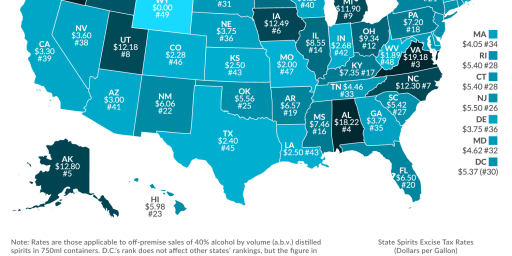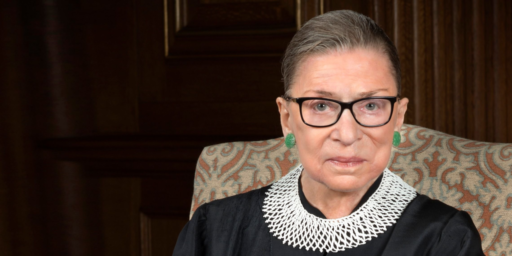Nose-Job Tax Considered in Many States
Andrew Chamberlain of the noteworthy Tax Policy Blog highlights a subscribers-only Wall Street Journal article on state efforts to tax cosmetic surgery. He then makes the case against them:
What makes a good tax? Economists teach that taxes with broad bases and low rates are usually best. Why? Because while every tax creates deadweight losses to society, taxes that are low and neutral tend to minimize that economic distortion.
So what are the worst taxes? For the same reason, many economists argue they are selective excise taxes—taxes that single out certain goods like cigarettes and cell phones. Why? Because they discriminate against certain kinds of economic activity, tend to have small bases and high rates, and make for highly distortionary and unstable revenue sources.
[…]
Selective excise taxes on cosmetic surgery may be a politically painless ways to boost short-term revenues, but that doesn’t make them good long-term tax policy.[…]
I’d add one thought to the analysis: theoretically, deadweight losses could also be kept low if the taxed good is inelastic. Put simply, if the higher cost of Botox injections, tummy tucks, and breast implants does little to disrupt consumers’ pursuits of these procedures, then their taxation could create minimal economic distortions. Of course, as Dwight Lee, whom Andrew cites in the post, makes clear, this rationale is often abused. Politicians take such great advantage of the goods and services that they establish tax rates at levels where they become truly inefficient; it’s hard, at any rate, to figure out the optimal points. But it’d be advisable nonetheless to determine the elasticities before making policy choices. (In general, though, I find selective excise taxes to be troublesome, for the reasons enumerated by Andrew.)
On a separate note, I think this argument, laid out in the report, is disingenuous:
Plastic surgeons and other doctors who perform cosmetic procedures say a tax targeting their work is unfair. Critics of the taxes say the levy would discriminate against women, who accounted for 87% of the cosmetic plastic surgery patients in 2004.
Simply because women would be disproportionately affected does not mean that the policy targets one gender in a nefarious way.






I’m for it. A good medical claim writer can massage things so that much of the costs of even theoretically uncovered procedures are, in fact, covered. The craze for cosmetic surgery raises everybody’s health care costs.